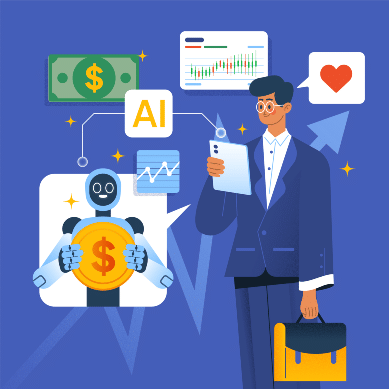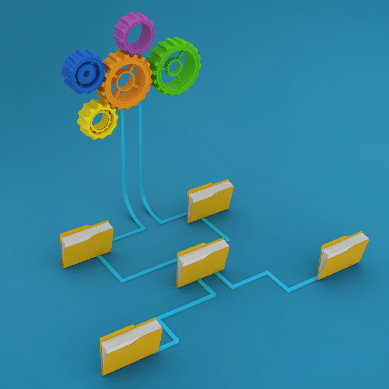These platforms provide a structured framework for governing, managing risks, and ensuring compliance with various obligations related to data privacy. They go beyond basic process management by offering technology-driven solutions that enhance efficiency, effectiveness, and agility in dealing with data. While traditional GRC focus areas include forms, workflow, tasks, analytics, and reporting, the broadened perspective advocated by Rasmussen highlights the need to integrate technologies that facilitate the discovery, management, and control of sensitive data throughout the business environment.
A key aspect emphasized is the ability of enterprise GRC platforms to centralize data and information management. They enable organizations to search, find, monitor, and interact with data from a centralized console, regardless of where the data resides within the enterprise. This centralized control is essential for addressing data privacy concerns effectively.
Moreover, GRC platforms automate labor-intensive tasks related to data privacy and security. By integrating with various technologies and systems, these platforms can automatically discover attributes and metadata of data, providing organizations with a deeper understanding of their information landscape. This automation extends to the ability to interact with downstream endpoints/systems, allowing for efficient data analysis and control.
In essence, GRC platforms, according to Rasmussen’s perspective, offer a holistic solution to data privacy and security. They provide organizations with the tools to govern and manage risks related to sensitive data, ensuring compliance with regulatory requirements. By centralizing data management, automating processes, and facilitating efficient control, modern-day cloud-based GRC platforms contribute to building a robust and proactive approach to safeguarding data privacy and security within the dynamic landscape of modern organizations.
Please login or Register to submit your answer





